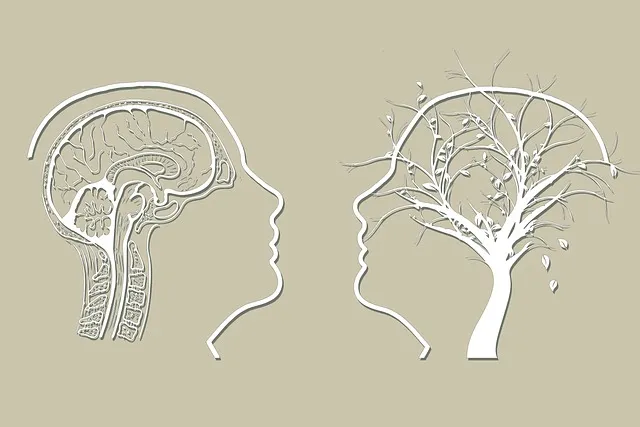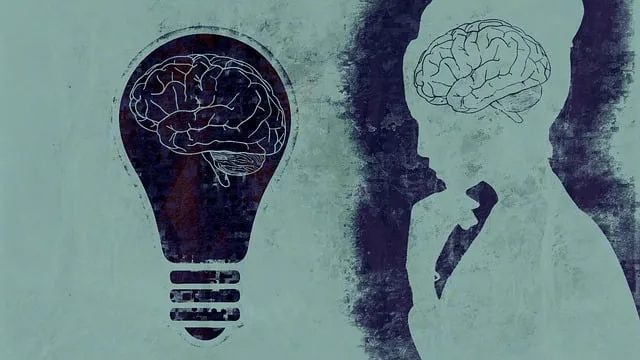Kaiser Permanente's mental health locations in Westminster face challenges diagnosing complex symptoms of various disorders and comorbidities, leading to misdiagnosis or delays. To improve accuracy, they've implemented a multi-faceted strategy including advanced training for healthcare providers, innovative assessment methods like Crisis Intervention Guidance (CIG) and Mindfulness Meditation, cultural sensitivity, data analytics tools, and patient engagement initiatives. These comprehensive practices ensure more reliable diagnoses and better outcomes for patients at Kaiser Permanente mental health locations in Westminster.
Mental illness diagnosis accuracy is paramount for effective treatment at Kaiser Permanente mental health locations in Westminster. However, challenges like subjective symptoms and comorbidities often cloud assessment. This article explores strategies aimed at enhancing diagnosis accuracy, focusing on implementing evidence-based practices, leveraging training and technology, and fostering patient engagement. By delving into these initiatives, we aim to highlight how Kaiser Permanente Westminster is navigating diagnostic complexities for improved patient outcomes.
- Understanding Diagnostic Challenges at Kaiser Permanente Mental Health Locations in Westminster
- Implementing Evidence-Based Practices for Enhanced Diagnosis Accuracy
- The Role of Training, Technology, and Patient Engagement in Improving Diagnostic Accuracy
Understanding Diagnostic Challenges at Kaiser Permanente Mental Health Locations in Westminster

At Kaiser Permanente mental health locations in Westminster, challenges in diagnosis accuracy stem from complex interplay of factors. The diverse nature of mental illness symptoms often presents as a web of physical, emotional, and behavioral signs, making it difficult to pinpoint specific conditions. This complexity is further compounded by comorbidities—when individuals experience multiple mental health disorders simultaneously—which require nuanced assessment and specialized care.
The pressure to efficiently manage high patient volumes contributes to these diagnostic challenges. Kaiser Permanente mental health locations in Westminster strive to uphold the Mind Over Matter Principles, emphasizing mental wellness and self-care routine development for better mental health. However, the need to balance timely service delivery with thorough evaluation can sometimes lead to misdiagnosis or delayed treatment. Addressing these challenges demands a multifaceted approach, including enhanced training for healthcare providers, integration of innovative assessment tools, and promotion of proactive self-care strategies among patients.
Implementing Evidence-Based Practices for Enhanced Diagnosis Accuracy

Implementing evidence-based practices is a key strategy to enhance the accuracy of mental illness diagnoses at Kaiser Permanente mental health locations Westminster. By adopting evidence-informed approaches, healthcare professionals can improve their assessment techniques and reduce misdiagnosis rates. One such practice is Crisis Intervention Guidance (CIG), which provides structured protocols for managing acute psychiatric crises. These guidelines help ensure a systematic evaluation, allowing practitioners to gather comprehensive patient histories and conduct thorough mental status examinations.
Additionally, Cultural Sensitivity in Mental Healthcare Practice plays a vital role in accurate diagnosis. Recognizing the impact of cultural factors on symptoms and treatment preferences enables healthcare providers to tailor their approaches accordingly. Incorporating strategies like Mindfulness Meditation into therapy sessions has shown promise in improving diagnostic accuracy by fostering patient engagement and providing tools for self-regulation, which can lead to more reliable assessments of mental health conditions.
The Role of Training, Technology, and Patient Engagement in Improving Diagnostic Accuracy

At Kaiser Permanente mental health locations in Westminster, efforts to improve diagnostic accuracy involve a multi-faceted approach that leverages training, technology, and patient engagement. Enhanced training programs for mental health professionals focus on incorporating evidence-based practices such as Mindfulness Meditation and Compassion Cultivation Techniques. These practices not only improve practitioners’ ability to observe and interpret patient symptoms but also foster a deeper connection with patients, enhancing the diagnostic process.
Technology plays a significant role in streamlining diagnosis by implementing sophisticated data analytics tools that aid in pattern recognition and early identification of mental health conditions. Additionally, digital platforms enable secure patient record-keeping and seamless communication between patients and healthcare providers, facilitating more comprehensive risk management planning. Patient engagement is another crucial element, with initiatives focusing on empowering individuals to actively participate in their treatment plans, leading to better outcomes and improved diagnostic accuracy.
Efforts to improve mental illness diagnosis accuracy at Kaiser Permanente mental health locations in Westminster involve a multifaceted approach. By implementing evidence-based practices, enhancing training for healthcare professionals, leveraging technology for better assessment tools, and promoting patient engagement, these initiatives aim to significantly boost diagnostic accuracy. These strategies not only benefit patients by ensuring more precise and timely treatments but also contribute to the overall improvement of mental health care across Kaiser Permanente’s network.






